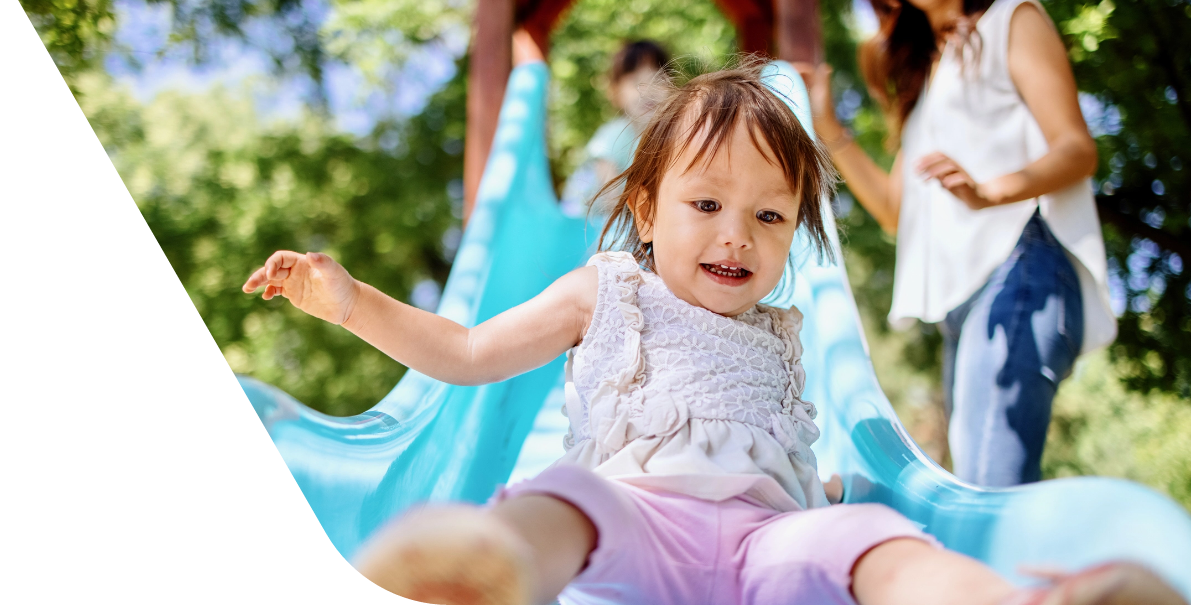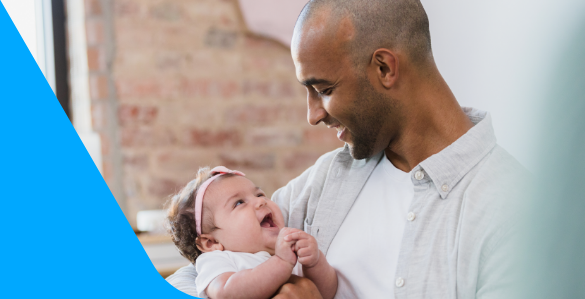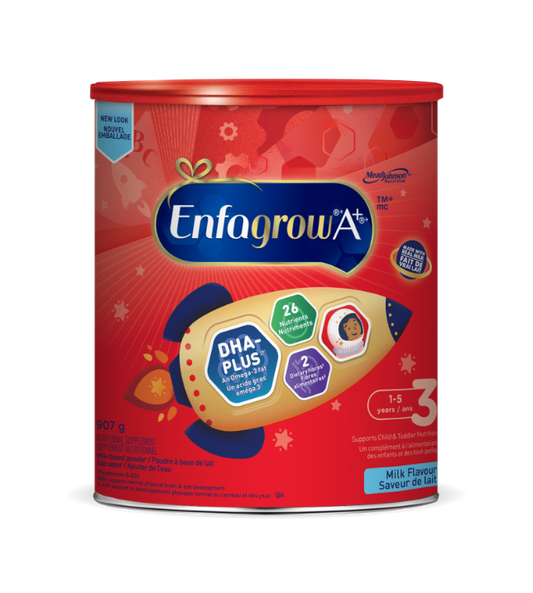Read about your child’s world at 24 to 36 months.
Your 2-year-old’s physical development, which has advanced so much since his birth, tends to slow slightly about this time. But thinking skills and social skills really take off. Make sure he has the encouragement and good nutrition he needs to progress.
These are the highlights you’ll see during this developmental period.
Cognitive
Your toddler has the brainpower now to tackle many simple problems. He can assemble a basic three-piece puzzle and may be able to work on puzzles with a few more pieces, especially with your help. He loves to handle hinges and levers on lockboxes or pop-up toys. And sorting becomes a favourite activity, as the concepts of colour, size, and number are becoming more familiar. He might line up his stuffed animals in a parade from largest to smallest, for example.
Motor
A 2-year-old is busy! Your child may seem to be constantly in motion—climbing, jumping, and even playing ball. One of the biggest new developments is that he now has the hand, finger, and wrist coordination to hold a crayon more in the manner an adult does. Rather than gripping it with his whole hand, he positions it with his fingers to get more control. Once he does this, he can create vertical lines and circles, instead of random squiggles. This period of time is also when most toddlers have both the physical and mental ability to begin potty training.
Communication
At this age, there’s more variation in language development than in any other skill area. Some toddlers still rely on a handful of spoken words, although they also use gesturing and understand almost everything said to them. Others are talking in sentences. Most toddlers’ sentences contain three or more words: “Want cracker now,” “No go night-night.” In general (but not always) boys talk slightly later than girls. By the end of their second year, toddlers’ sentences grow more sophisticated, including descriptive words (“big,” “loud”) and pronouns (“I,” “they”).
Social
With so many new things to take in, your toddler comes to count on predictable routines to carry him through the day. That’s why, when a nap or meal is missed, he may become cranky and irritable—even to the point of a temper tantrum. Children this age are generally very sociable. They love to watch adults, children, babies, and animals interact. And they learn social concepts from them, such as taking turns. They’re also picking up on how to express emotions, so don’t be surprised if your child “tries out” everything from anger to affection. It’s all part of the development process.








